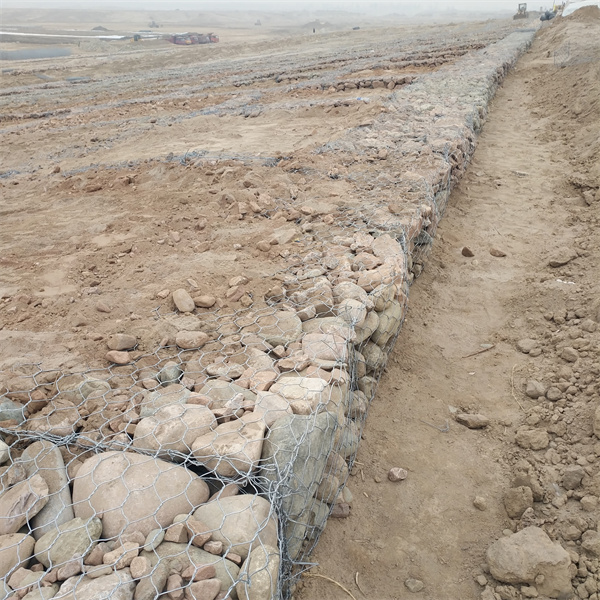Sep . 01, 2024 15:35 Back to list
gabion wall cost
Understanding the Cost of Gabion Walls
Gabion walls are an increasingly popular choice in landscaping and construction due to their unique aesthetic appeal and functional benefits. These structures are formed from a series of wire mesh baskets filled with rocks, stones, or other materials, which serve both decorative and structural purposes. However, before embarking on a building project involving gabion walls, it is essential to understand the associated costs.
Factors Influencing Gabion Wall Costs
1. Material Selection The type of materials used in gabion walls significantly affects the cost. The wire mesh is typically made of galvanized steel or PVC-coated steel, both of which vary in price. Additionally, filling materials, such as natural stone, manufactured concrete blocks, or recycled materials, can also influence overall costs. Decorative stones or specially selected boulders will drive prices higher than standard gravel.
2. Size and Height The dimensions of the gabion wall play a crucial role in determining its cost. Larger walls require more materials, and therefore, the expenses will increase proportionally. The height of the wall is equally important; taller walls may require reinforcement, leading to added costs for materials and labor.
3. Labor Costs Hiring professionals for the installation of gabion walls can be a significant portion of the total cost. While some homeowners may opt for a DIY approach, it’s important to consider the complexity of the installation. Experienced contractors may charge higher rates, but they often ensure that the project meets safety and engineering standards.
gabion wall cost

4. Location and Accessibility The geographical location of the project can impact costs due to transportation expenses for materials and labor. In remote areas, hauling materials to the site may incur additional costs, whereas urban areas might have more competitive pricing due to increased availability of resources.
5. Site Preparation Before constructing a gabion wall, the site may need to be cleared, leveled, or otherwise prepared. These site preparation costs can add considerably to the overall budget, especially if extensive groundwork is required.
Cost Estimates
On average, the cost of a gabion wall can range from $25 to $50 per square foot, including materials and labor. For smaller projects, the total cost may be manageable; however, larger installations can lead to significant expenses. It’s advisable to obtain multiple quotes from contractors and to consider purchasing materials in bulk to cut costs.
Conclusion
Gabion walls are versatile structures that offer both functionality and visual appeal. While the costs associated with building these walls can vary widely based on multiple factors, careful planning and budgeting can make the project feasible. By understanding the elements that contribute to the overall cost, homeowners and builders can make informed decisions and create beautiful, durable gabion walls that enhance their properties. Whether for landscaping, erosion control, or other purposes, gabion walls are a worthwhile investment in enhancing outdoor spaces.
-
The Role of Galvanized Gabion Mesh in Riverbank Protection
NewsJun.26,2025
-
The Role of Gabion Basket Raised Bed in Sustainable Gardening
NewsJun.26,2025
-
Quality Assurance of Wire Mesh Gabion Baskets
NewsJun.26,2025
-
Installation Guide for Welded Gabion Box
NewsJun.26,2025
-
How to Choose the Right Gabion Box
NewsJun.26,2025
-
Different Types of Gabion Wire Mesh
NewsJun.26,2025
-
Why PVC Coated Gabion Mattress Is the Best Solution for Long-Term Erosion Control
NewsMay.23,2025






